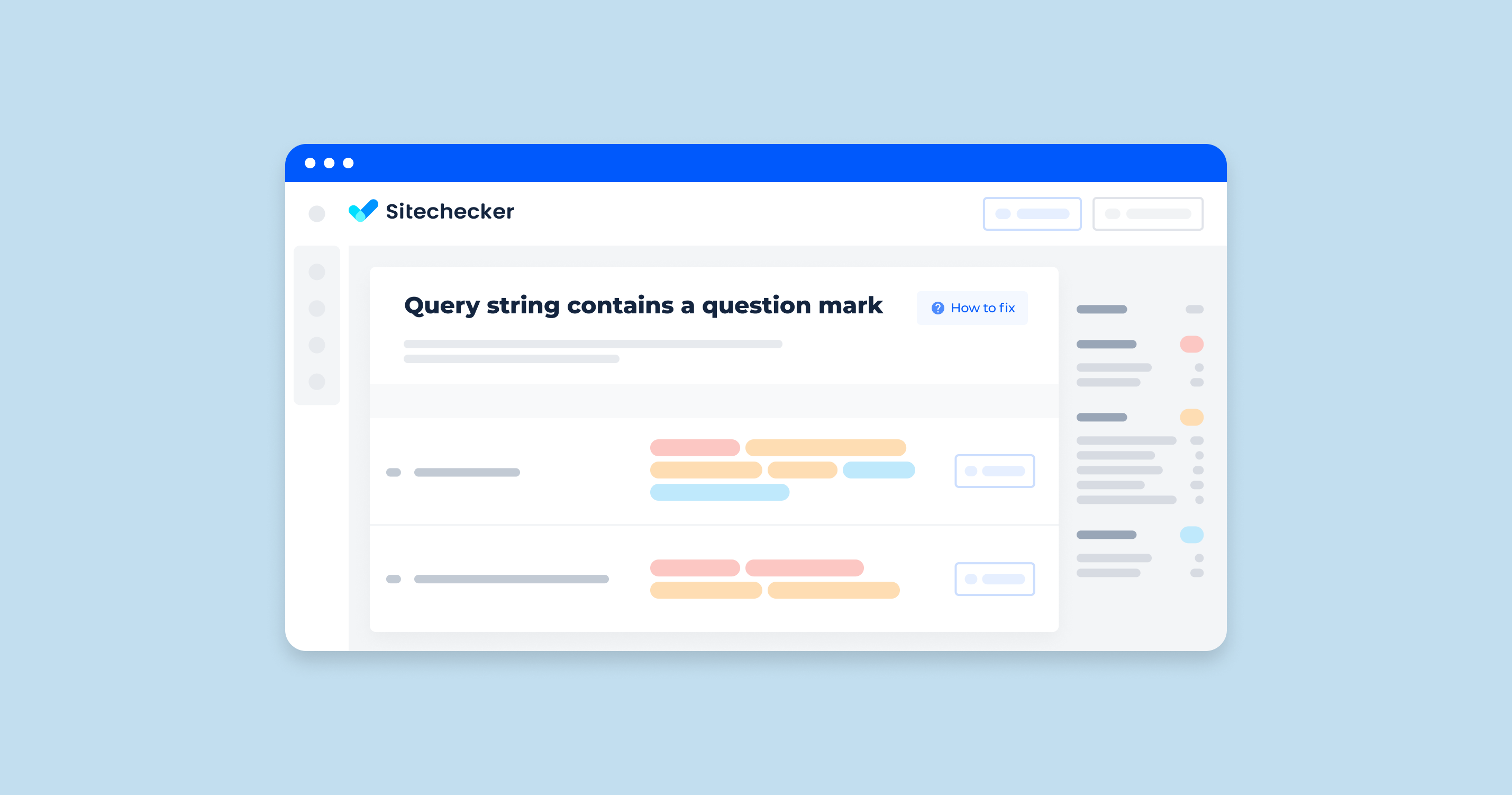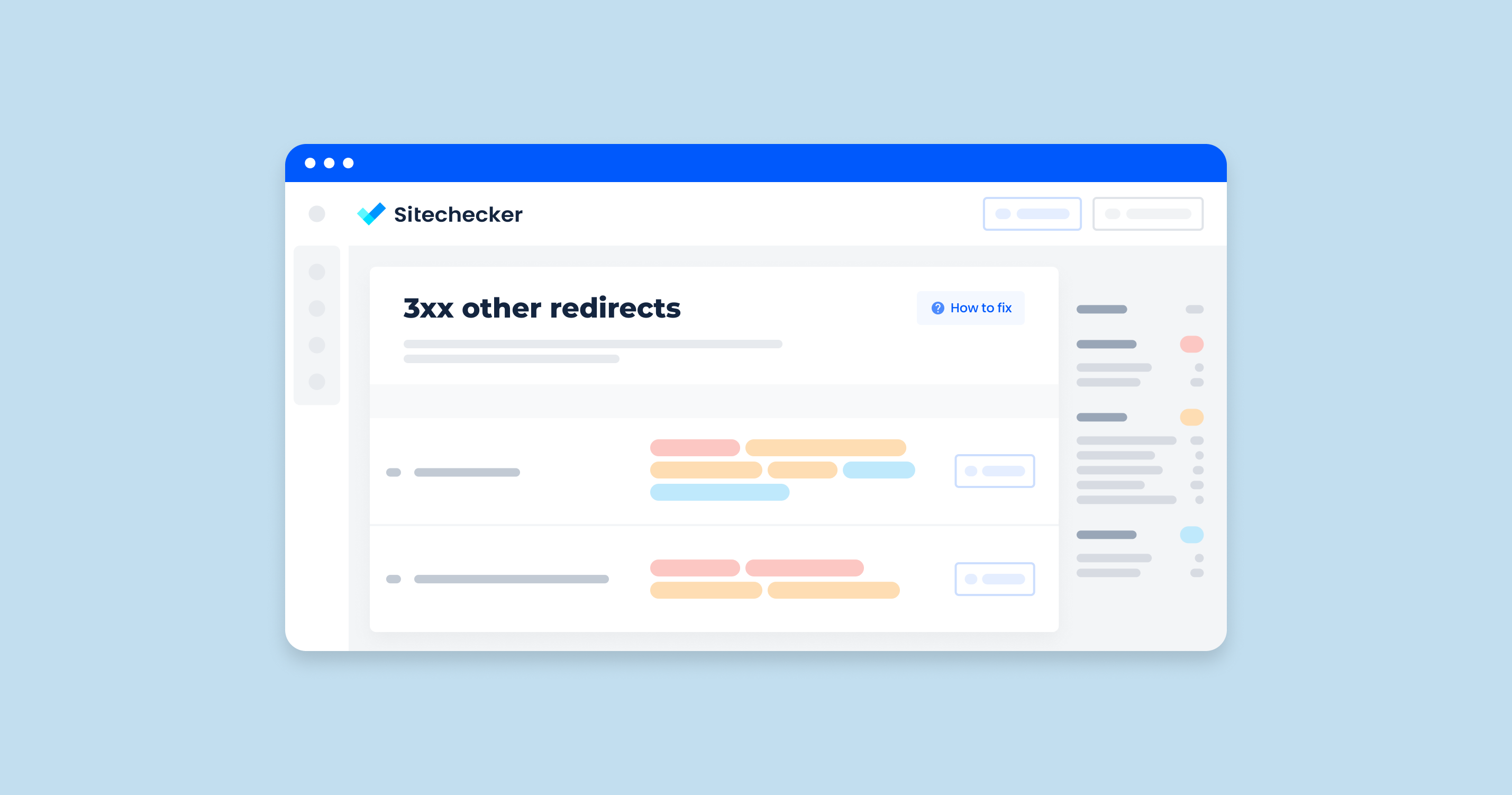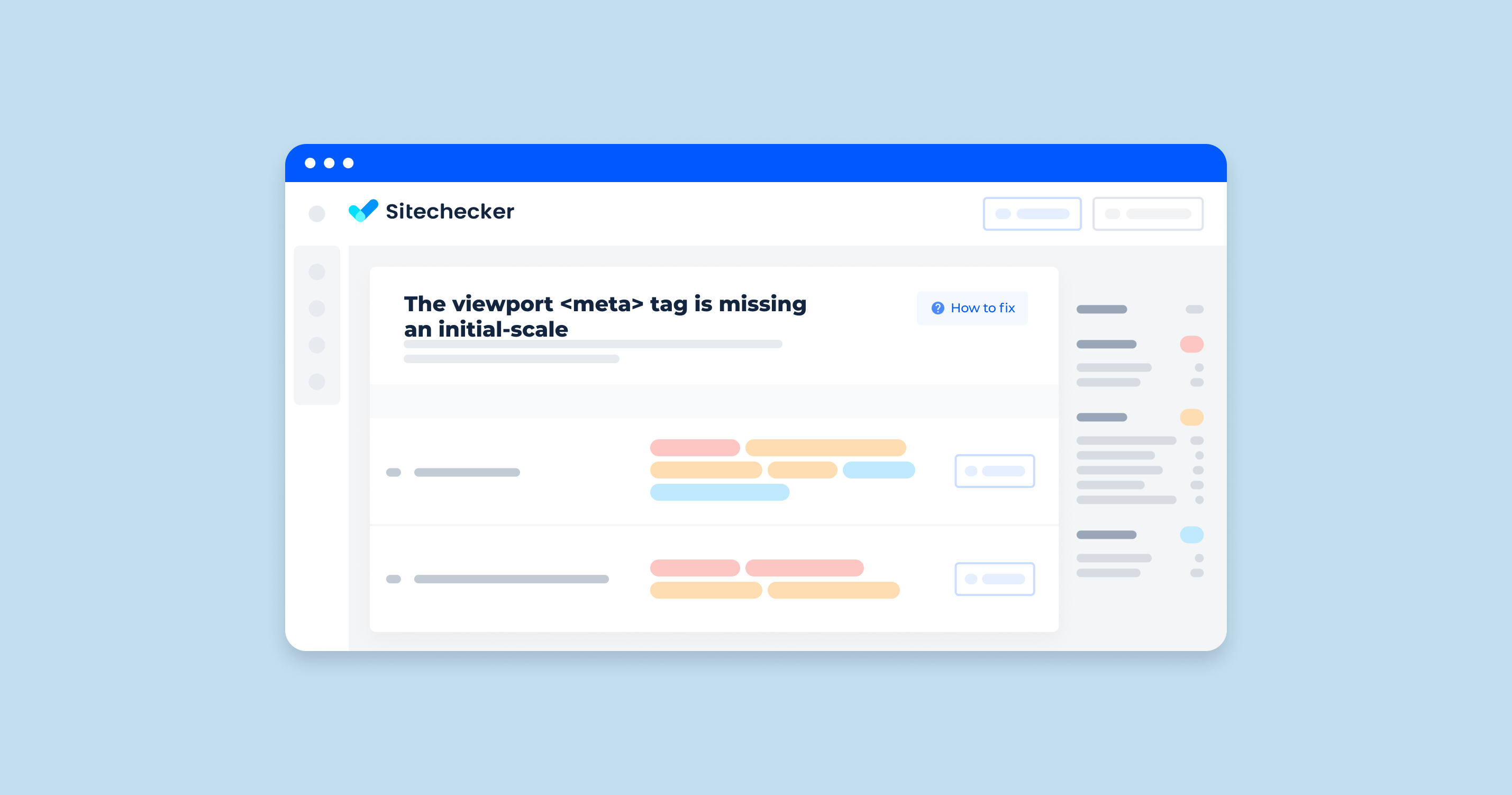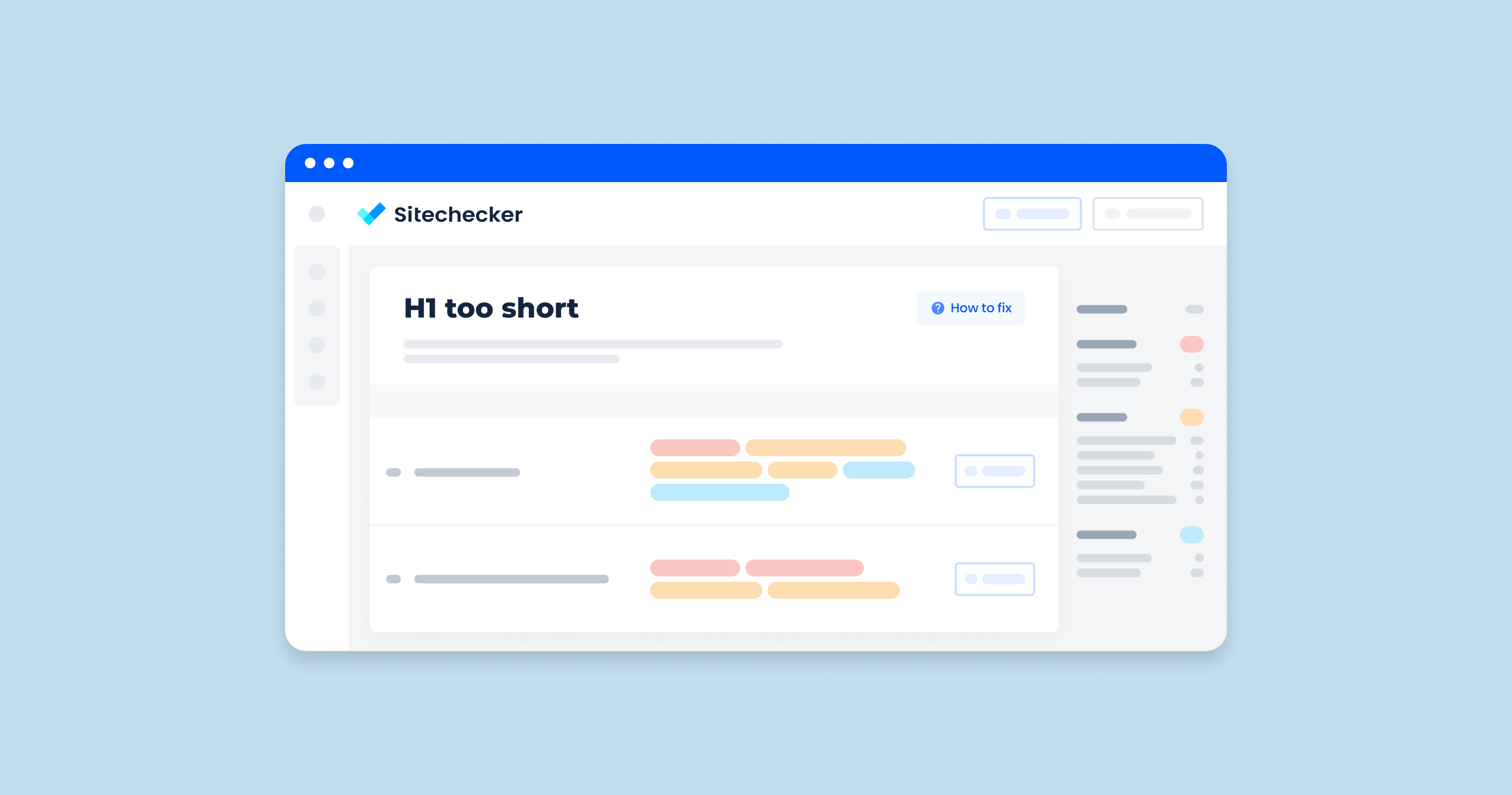URLs have query strings that specify parameters through a group of characters typed into a browser to retrieve information. A question mark is not a part of the query string, but it’s used to establish boundaries and is considered a separator.
Another question mark, however, will be just a literal question mark. Although having a second question mark is not invalid, it may be because of an unknown issue. To see if there’s a problem, you can use a URL inspection tool. Feel free to watch the following video by Daniel Waisberg from Google to learn more about this tool and how you can use it to get your web address’ status.
One of the most common problems when using question marks is that query components find it difficult to identify the URL’s primary function, leading to wrong site pages.
Read our article to learn more about URLs and how to make them SEO-friendly.
What Does a Question Mark in a Query String Mean?
In a URL, the question mark (“?”) divides the address of an object and the set of words used in the query.
Consider the following examples:
- http://company.com/Products
- http://company/Products?location=FLO&category=wholesale
The latter one with a question mark serves as a list of products filtered to display those from Florida (location=FLO) in the wholesale section (category=wholesale).
However, there are times when the question mark in an address will be considered as an actual question mark. More question marks can mean there are underlying issues in the generation, such as keyword cannibalization.
Why is This Important?
URLs help search engines understand the contents and structures of a website. A correct URL will ensure that your site gets the most clicks from search engine results pages.
What Triggers This Issue?
When you’re redirected to the wrong page, you know something went wrong in your URL. Here are some of the things that trigger these issues:
- Non-www versions of web addresses
- Duplicate pages
- Dynamic addresses
How To Check the Issue
One of the ways to check whether a URL has question mark issues is to test some filters available on your website category pages. This is to assess whether the content changes after the category has been filtered.
Another way to check this is with tools like Sitechecker. Just launch an audit, so crawler will find all affected URLs, and you will get a comprehensive list of issued elements.
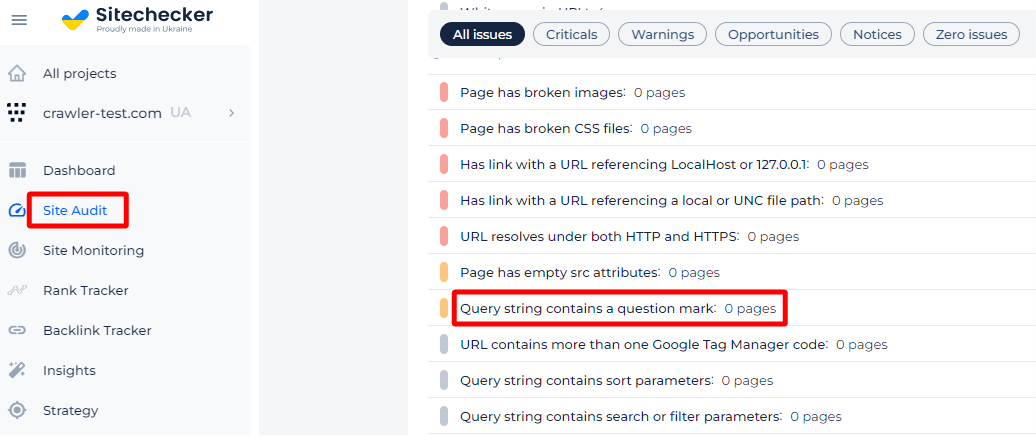
Is a '?' affecting your URL clarity?
Ensure a clean and professional site link. Check for question marks in your URL with Sitechecker audit.
How To Fix the Issue
You need to be careful with your address so it will go to the correct page. Always double-check the generated pages to make sure you’ve linked to the right site. Here are some other ways to fix the issue:
1. Check the Crawl Budget
A crawl budget is the number of pages bots will crawl on your website before moving to the next. Having many crawlable and low-value URLs will be a waste of your crawl budget.
2. Have Consistency in Internal Linking
If your website has many parameter-based URLs, you can consistently indicate which pages not to index, so only the essential ones will be linked.
3. Canonicalize a Version of The Website
Encode canonical tags that will reference your preferred URL.
4. Change Web Addresses From Dynamic To Static
Rewrite dynamic pages into static ones to improve the structure of the address.
5. Use a URL Inspection Tool
It’s best to see the problems in the parameter by using a URL inspection tool. See if users can pass to the correct address without any troubles.
